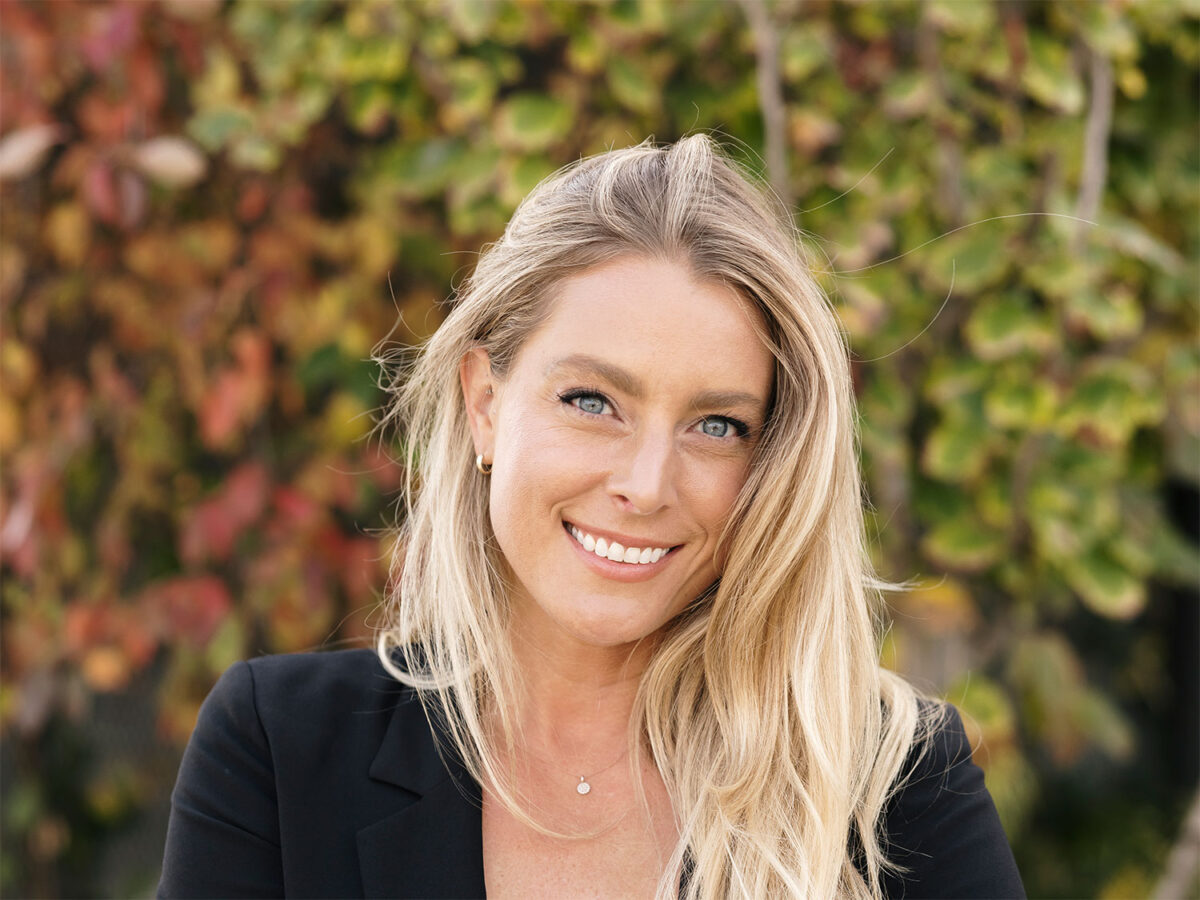The Beverly Hills City Council unanimously voted on June 24 to revise its urgency ordinance relating to COVID-19 public health protocols. The revision ends social distancing requirements for those waiting in lines, the prohibition on buffets and other self-service unwrapped food items, and the prohibition on non-recyclable bags. The Council also voted to repeal a ban on the increase of internet bills–a ban the City Attorney said had been unenforceable. The Council’s vote brings the city in line with Los Angeles County guidelines. Finally, the Council announced July 15 as its first in-person meeting in over a year. Virtual access will still be available.
As it stands now, county and federal guidelines still require face coverings regardless of vaccination status on public transit and in transportation hubs. Regulations also require masking when indoors in K-12 schools, childcare, camps and other youth settings; in health care settings like hospitals, urgent cares, and long term care facilities; in state and local correctional facilities and detention centers including prisons and jails; and in homeless shelters, emergency shelters, and cooling centers. With the resumption of public sporting events and some music, masks are required indoors at events with more than 5,000 attendees.
For fans of self-serve buffets and frozen yogurt bars, the Council’s vote means you can dust off your plate and cup and head to the counter.
“I think that food service will be more careful in the future,” said Councilmember Lester Friedman. “I already see that there are more barriers that are placed so that there is no contact with food items that are being purchased.”
Councilmember Julian Gold, the only medical doctor on the Council, stressed that the repeal did not exempt unvaccinated people from wearing masks in certain contexts. Even after California’s reopening on June 15, those without full inoculation still must wear masks in indoor settings like restaurants, stores, and theaters.
Contrary to a common misconception, businesses and officials can ask about vaccination status and require some form of verification. Nonetheless, Gold noted that enforcement would be difficult.
The Council grappled with one item of the urgency ordinance that banned increases in internet usage fees. The Council put the ban in place during the pandemic because of the new, even more critical role that the internet played in connecting people to work and school. As City Attorney Lawrence Weiner told the Council, though, the prohibition was likely never enforceable, as regulating the internet falls under the purview of the federal government. He noted that at least one internet service provider had raised rates during the pandemic, but did not name the provider.
While none of the council members expressed outright support for ending the prohibition on internet fee hikes, they acknowledged the legal realities that hobbled the city in restricting them. Vice Mayor Lili Bosse and Councilmember John Mirisch both voted to remove the ban from the repeal–which would have kept the ban, albeit symbolically–but were outvoted by the rest of the Council.
Days after the Council’s vote, as the number of infections caused by the more virulent Delta variant rose, the Los Angeles County Department of Public Health (Public Health) recommended that people resume wearing masks in public indoor spaces regardless of vaccination status. The recommendation falls short of earlier mandates, although individuals still must abide by the requirements set by businesses and government facilities that enforce mask-wearing.
The Delta variant, which was first identified in India, comprised nearly half of all variants sequenced in the county by June 12. Nationally, the variant is responsible for about 20% of all new infections, according to the Centers for Disease Control and Prevention (CDC). According to Beverly Hills Emergency Management Manager Meena Janmohamed, who discussed the variant at the June 28 Health and Safety Commission meeting, the new strain “may be twice as transmissible as the conventional coronavirus strain.”
Given the level of inoculation in California and the United States, experts do not expect the variant to have the same impact in the country as it did in India.
Nonetheless, it poses a danger to those who have yet to receive full vaccination. Among the cities in the county, Beverly Hills boasts some of the highest rates of vaccination, with 97% of those 65 and older having received at least one dose–the sixth highest rate among that demographic in the county. Among those 16 and older in Beverly Hills, 75% have received at least one dose.
Public Health Director Dr. Barbara Ferrer emphasized that the best protection against the Delta variant and other strains remains the vaccine.
“Fully vaccinated people are well protected against serious illness and disease caused by variants of concern including the Delta variant,” she said on Tuesday. “So, I encourage everyone eligible and unvaccinated to take another look at all of the mounting information on the vaccines’ safety and effectiveness. Ninety-nine percent of all new cases of COVID-19 and hospitalizations since January have been among unvaccinated individuals and 99.8% of the people who have tragically died have been unvaccinated. Getting vaccinated is the most powerful protection for you and your community.”
At its next meeting on July 15, the Council will consider repealing other elements of the urgency ordinance, including the suspension of penalties and interest on business taxes, a cap on delivery fees on restaurants by third party delivery apps like Door Dash, the prohibition on residential evictions for nonpayment of rent, and the ban on rent increases. The meeting will take place both in person and online.







